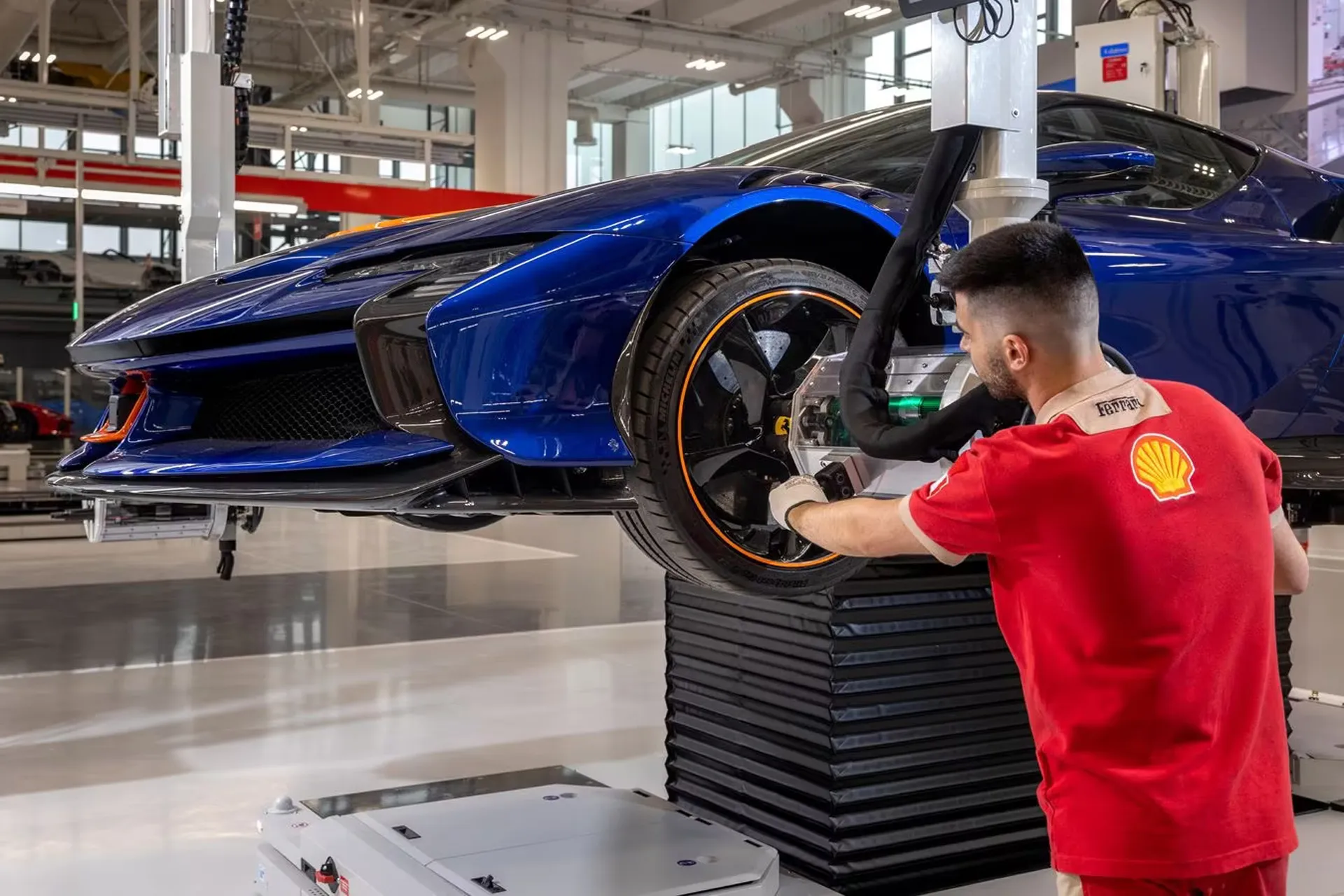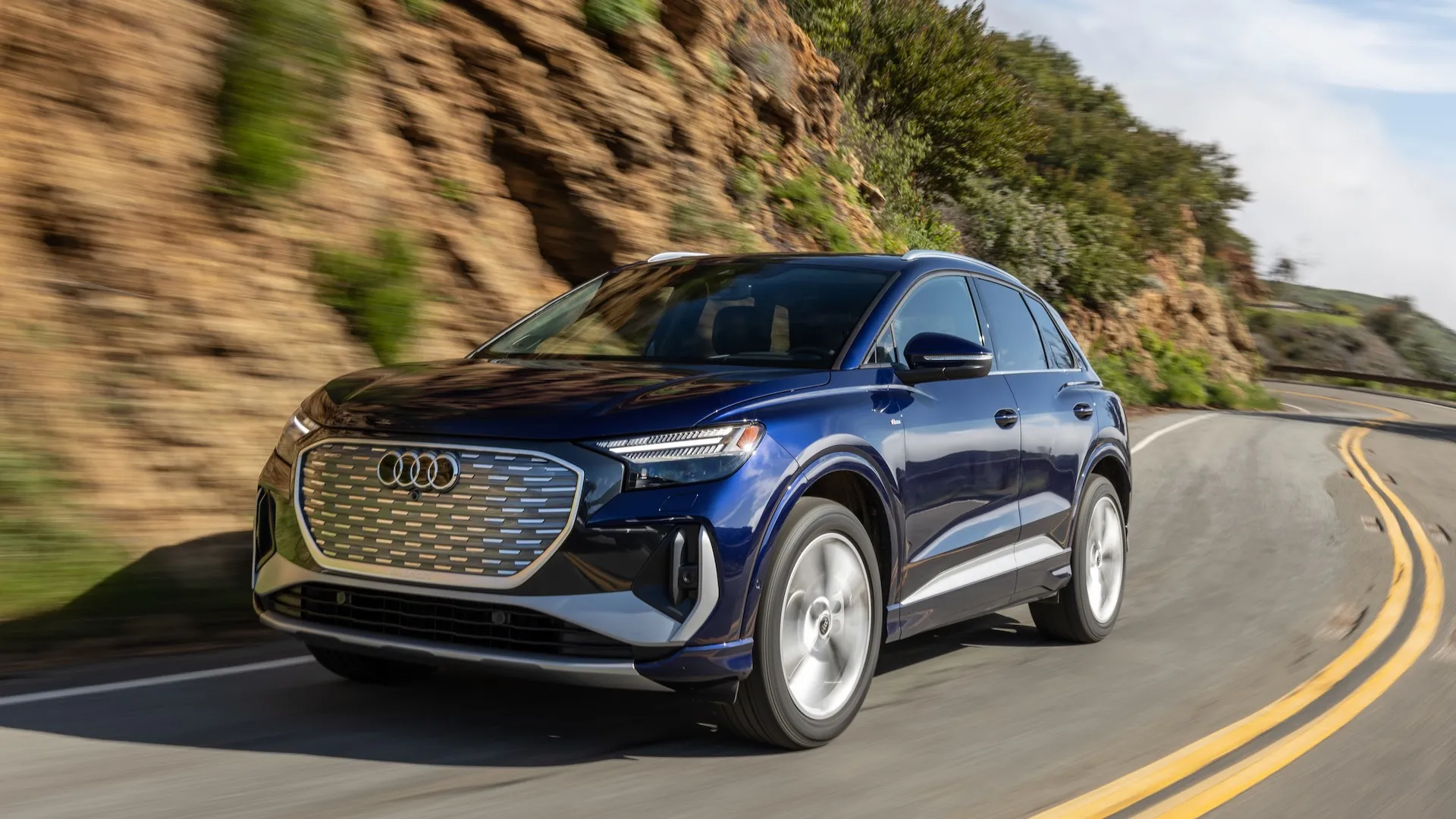
The battery is the single most expensive component in most electric vehicles, and there have been cases where replacing one after the warranty expired resulted in a bill costing more than the vehicle was worth.
While that isn’t likely to happen in the case of Ferrari’s EV due next year, which is reported to cost over $500,000, Ferrari may still look to offer an extended warranty to alleviate an owner’s concern of a dead battery, as well as create a new source of revenue for the company.
Citing people familiar with the matter, Bloomberg reported on Wednesday that Ferrari plans to offer a battery extended warranty for both its EVs and hybrids. The warranty will reportedly be offered as an annual subscription costing around 7,000 euros (approximately $7,500).
This is different to battery subscriptions offered by the likes of Vinfast and Nio, where the initial cost of the battery is taken out of the cost of the vehicle, and then owners pay a subscription for use of the battery.
Ferrari E-Building
According to Bloomberg’s sources, Ferrari’s extended warranty will cover any battery-related defects, as well as a regularly scheduled battery change every eight years, ensuring that there’s no loss of performance over time from battery degradation.
Much like Ferrari’s existing extended warranties, the level of surety the battery extended warranty provides should help maintain resale values, especially as more electrified models are launched.
Ferrari’s cars currently come with a three-year factory warranty, while for hybrid models the factory warranty extends to five years for the battery and related components. Ferrari’s EVs will also get this standard level of coverage, according to Bloomberg’s sources.
Ferrari hasn’t said much about its first EV, apart from the vehicle, thought to be another SUV, making a debut in late 2025 and entering production early the following year at Ferrari’s new E-Building plant that was inaugurated last week. Located next to Ferrari’s existing plant in Maranello, the E-Building will be used for gas, hybrid, and electric vehicles, as well as components like batteries and electric motors. The extra capacity the plant provides will enable Ferrari to potentially boost annual production to around 20,000 vehicles, up from about 14,000 today.
Credit : Source Post






